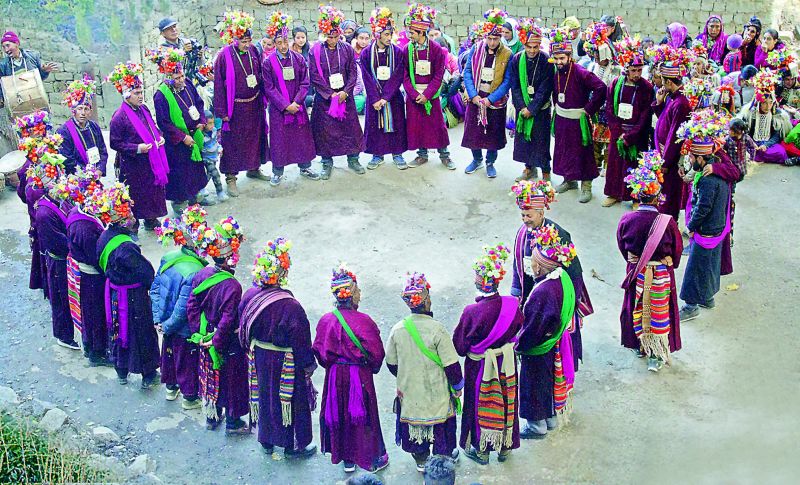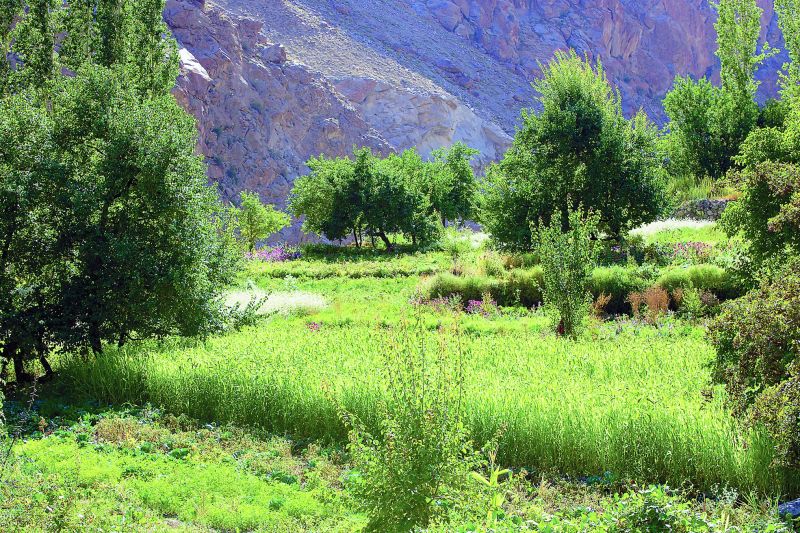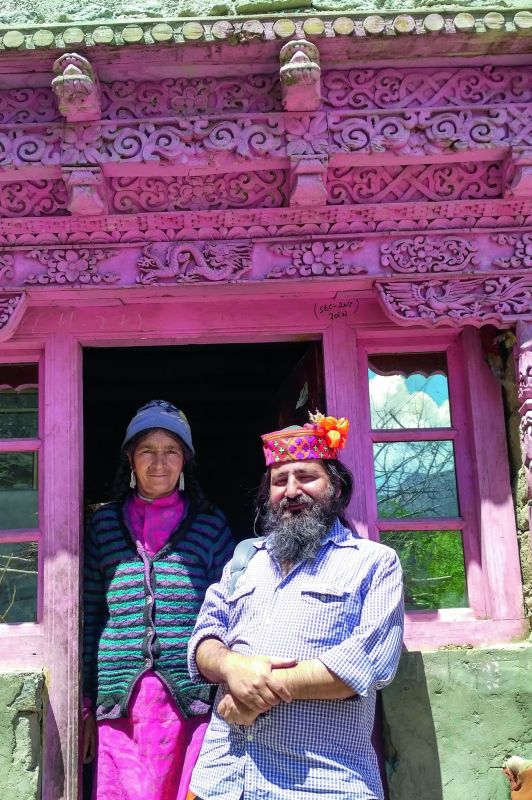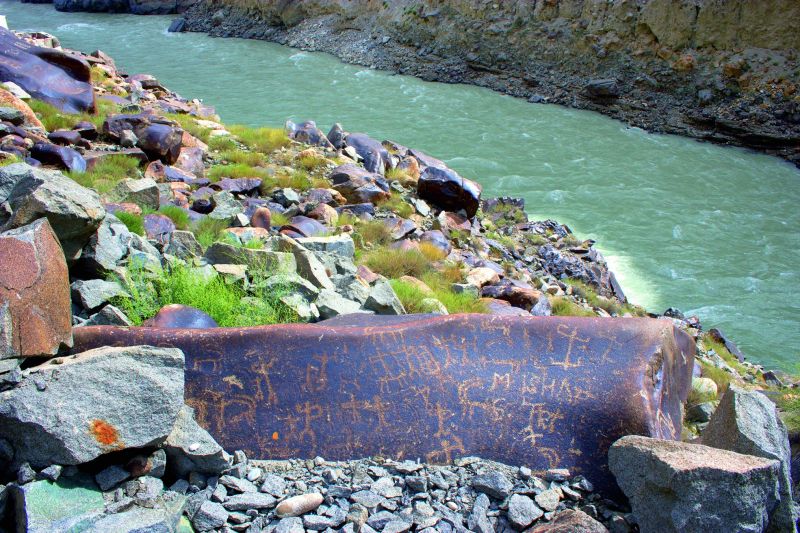Capturing Zanskar

Virendra Bangroo is a cultural photographer from Kashmir who has been clicking photographs since ’80s and is an assistant professor, working with Indira Gandhi National Centre For Arts (IGNCA) for almost 30 years. Even the simple pictures like the portraits of faces or the photograph of a common street requires a curiosity to see what is significant in the world around us. He has extensively researched on the lives of Dard Aryans of Ladakh and documented it through his lens.
 Annual festival Bonana in progress
Annual festival Bonana in progress
His photographs depict a unique story. It is believed that the “Aryans of Ladakh” or the “Brokpas” may have descended from soldiers in Alexander’s army when he arrived here over 2,000 years ago. However, Bangroo feels their roots lie over 5000 years ago.
“IGNCA documents the tangible and intangible heritage of the country. So during one of the projects, I have documented the Zanskar region. It is one of the remotest areas of Ladakh and is a very difficult terrain to reach.
 Lush green fields in village Dha where a variety of crops and fruits grow
Lush green fields in village Dha where a variety of crops and fruits grow
More because of its location being on the Line of Control. During one of my visits to Leh, people told me how they do menial jobs for a living. I thought something should be done to preserve their ethnicity and culture. Seeing the conditions of people who are very poor but at the same time are very colourful and very happy. The question was how will they sustain?” Bangroo recalls.
 Virendra Bangroo with a tribal woman
Virendra Bangroo with a tribal woman
So he thought of preserving their culture and along with his team he opened up two museums, filming a 30-minute documentary and showcasing his photographs through exhibitions. He has collected artefacts and preserved them in these museums.
Photography, he feels, is the most realistic way to capture the world around us and Bangroo has traversed through the length and breadth of the Himalayas to preserve these ethnic cultural communities in various pockets.
 Rugged landscape of Ladakh, cold dessert with scanty vegetaion
Rugged landscape of Ladakh, cold dessert with scanty vegetaion
Through his photographs he displayed the beautiful visual journey of the Dard settlements, their festivals, beliefs and practices in the Zanskar region and the villages around them. He also made an initiave to invite them, enlighten them in the Capital.
 Thousands of years old rock art petroglyphs
Thousands of years old rock art petroglyphs

